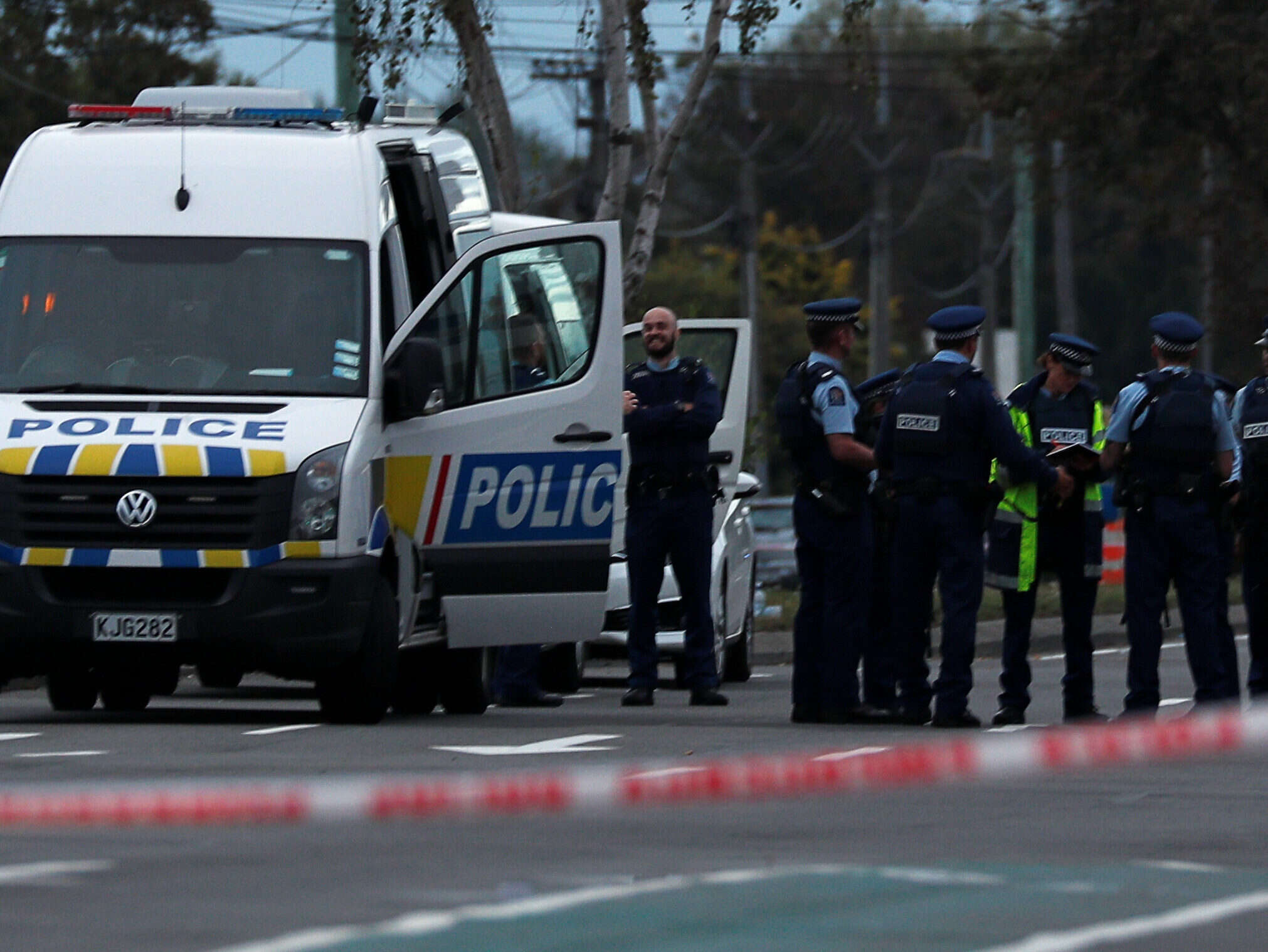
The media should stop “gratuitously” publishing “titillating detail” about terrorist or extremist incidents, according to a new report on tackling so-called “hateful extremism”.
The Commission for Countering Extremism said the publication of “extremist propaganda” could also “inadvertently promote the beliefs or glorify the actions of those involved”.
Although not mentioned in the report, the Mirror, Sun and Mail Online all drew criticism in March for their online coverage of the mosque attack in Christchurch, New Zealand, in which a gunman killed 51 people while livestreaming it on Facebook.
The tabloids ran video clips containing parts of the killer’s footage, avoiding showing violence against worshippers.
Mail Online said it had decided to remove the “very short excerpt” on “further reflection”. The website also briefly published a manifesto written by the suspected terrorist, which readers could download.
A Mail Online spokesperson said: “As with all incidents of terror, news organisations have to strike the right balance between showing the public what has happened – and why – and playing into the terrorists’ hands.”
The CCE, an independent body led by advisor Sara Khan and established by the Government last year, criticised the “difference in tone” sometimes seen in the way UK media portrays Muslim extremists versus far-right attackers.
Research by media monitoring firm Signal AI earlier this year found that just a quarter of international coverage about recent far-right attacks mentioned the word terrorism, compared to four-fifths of Islamic extremist attacks.
Today’s report noted how MP Jo Cox’s murderer Thomas Mair was portrayed as a “deeply disturbed” and “mentally ill” loner, while the murderers of soldier Lee Rigby were quickly branded Islamic extremists.
It said: “We urge broadcasters and the press to show consistency when reporting Islamist and far right extremism.”
It was claimed that some reporting is “inaccurate and misleading”, especially in the portrayal of Muslims and Islam.
“Sweeping statements, lazy stereotypes and loose reporting can demonise and misrepresent entire communities, unwittingly contribute to xenophobia and play into the hands of extremists,” the report said.
Tradtional media organisations were urged to ensure they do not portray individuals as spokespeople for entire groups, undertake “due diligence” while checking sources and guests, and avoid presenting Islamist activists as ordinary Muslims.
Excessively reporting on the actions of the likes of preacher Anjem Choudhary, who was “often given a platform by media and broadcasters”, can “reinforce opposing extremist views”, it was said.
“Former EDL organiser-turned-counter-extremist Ivan Humble said that it was ‘Anjem Choudhary on the talk shows, chat shows and newspapers’ which led to him holding far-right views,” the report said.
However the report was not entirely critical of the media’s role, praising some journalists and organisations for their “balanced” coverage of extremist behaviour.
In particular, it pointed to the Guardian’s 2018 report exposing the finances behind former English Defence League leader Stephen Yaxley-Lennon, the Times’ reporting on an extremist group’s Birmingham recruitment drive, and Andrew Neil’s challenging on This Week of claims made by Muslim advocacy group Cage.
The report said the Sunderland Echo, which covers a town in the north east with a recent history of far-right marches, has “always made a point of refusing to give coverage to them out of an abhorrence of what they represented”.
“However, when an issue arose that was so newsworthy that it made publication irresistible, the team at the Sunderland Echo considered how to report it very carefully.
“In the end they did not report, although they did publish some quotations from the campaigners. When they explained their thought process to us, we were impressed with the level of detail that their considerations went into.
“We are sure that many if not most journalists behave in a similar way prior to publication.”
The report emphasised the fact “the media should not be censored or self-censor out of fear of offending sensibilities”.
“Print and broadcast media play a vital role in our society by shining a light on extremism and the divisive tactics of extremists,” it went on.
Read the full report on Challenging Hateful Extremism.
Picture: Reuters/Edgar Su
Email pged@pressgazette.co.uk to point out mistakes, provide story tips or send in a letter for publication on our "Letters Page" blog

